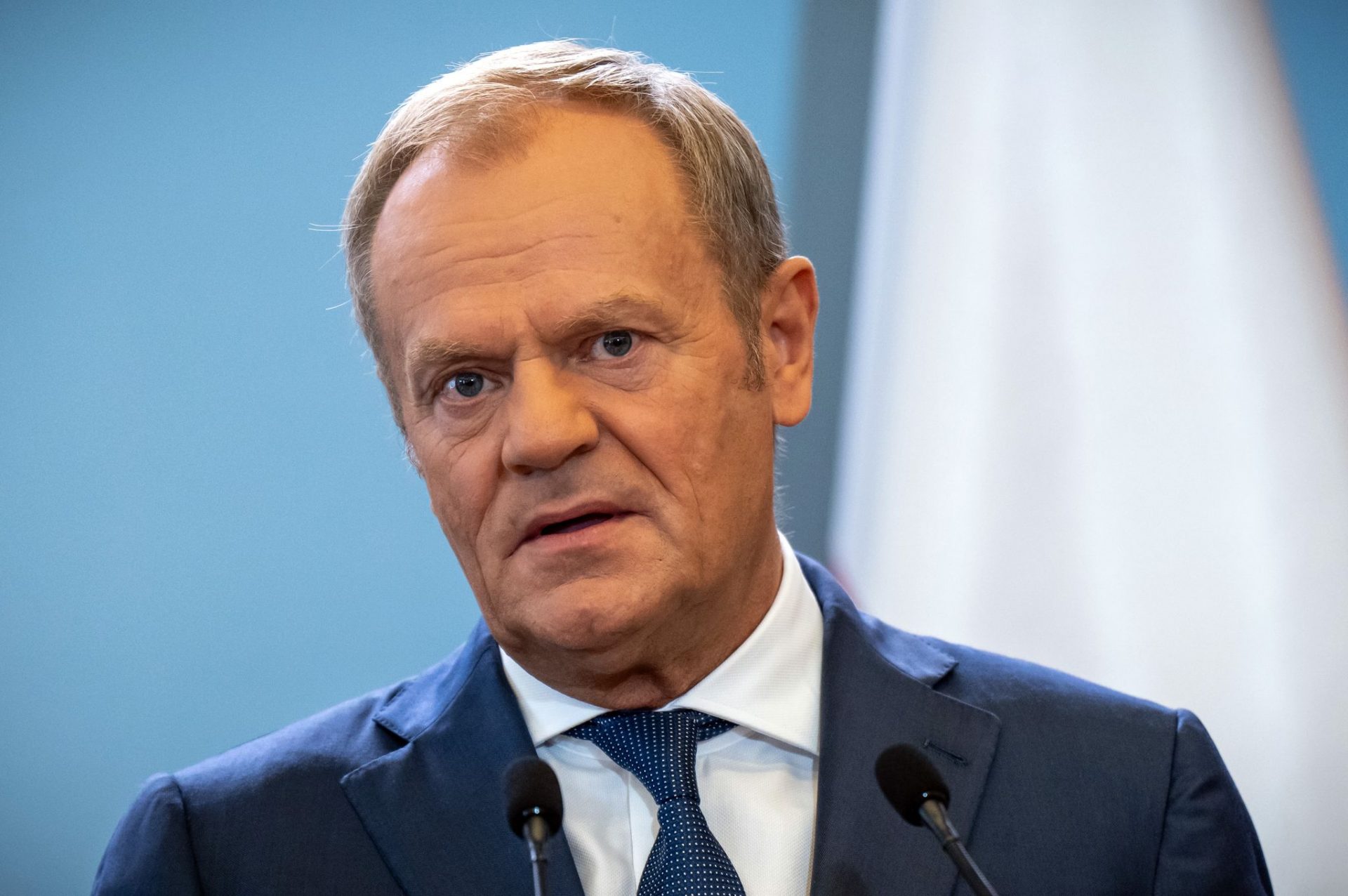Poland supports Mario Draghi’s call for an increase in the European budget, Polish Deputy Minister of Development and Technology Ignacy Niemczycki said in an interview with PAP. Draghi speaks in this context of a joint debt issuance, but it really doesn’t matter how we do it – he emphasized.
In his opinion, the report would be fuller if it took into account the perspective of our region.
Niemczycki will take part in a meeting of EU competitiveness ministers in Brussels on Thursday, who will discuss a report prepared by Draghi, former head of the European Central Bank, on the future of the European economy.
According to Draghi, the EU faces an “existential challenge” of increasing its productivity, and without this, further financing of the European social model will be impossible. Poland is among 20 countries that issued a call before Thursday’s meeting regarding issues Draghi overlooked, including the essence of the EU’s internal market.
“The report provides a very accurate diagnosis of the state of competitiveness of the European economy. It is also an opportunity for us to finally start discussing it seriously in Europe,” Niemczycki told PAP. And the timing, in his opinion, is good, because more and more people are realizing that the future of the European economy may not be rosy. According to the deputy minister, Draghi “succeeded in creating a positive ferment.”
The Deputy Minister of Development positively assessed Draghi’s recognition that expensive energy is a challenge. “High energy prices are not unique to Poland but to all of Europe. They are the highest in Europe compared to Asia or the USA. And this directly affects competitiveness, especially in energy-intensive industries,” said the deputy minister.
In Niemczycki’s opinion, it is also important, especially from a Polish perspective, that Draghi warned against deindustrialization, which will be caused by decarbonization in its current form. Therefore, the report includes the issue of, for example, further free allowances in the EU Emissions Trading System (ETS).
As the deputy minister said, Poland supports Draghi’s call for a bigger European budget. “He talks about the joint issuance of debt, but it really doesn’t matter how we do it. We just need more money in the European treasury,” he emphasized.
Niemczycki noted that Poland, regardless of the governments of other countries, has been raising this postulate for many years. However, he did not clearly refer to the idea of joint debt because, as he emphasized, “it is not the time yet.” However, he supported the idea of mobilizing private funds, as is happening in the United States.
In his report, Draghi also called for changes in the very structure of the EU budget. According to the former ECB head, the money from cohesion policy, of which Poland is the biggest beneficiary, should serve transformational goals related to energy and new technologies. “This is precisely what was missing and where the work was not done. In this sense, I understand those who say that Draghi did not consult enough with our part of Europe,” Niemczycki said.
As he noted, the report did not recognize that cohesion policy was a tool for economic growth in our region for the past 20 years. “Poland’s example, where since 1989 we have been one of the economies that have grown the most globally, shows that cohesion policy can really support economic growth in a fundamental way. The report would be fuller if it included this perspective,” emphasized the deputy minister.
He argued that the discussed changes would only be successful if all regions in Europe benefit from them. “If only a few regions benefit from this, society and the economy will start to drift apart. There will be threats to democracy,” he said.
In the deputy minister’s opinion, more emphasis should also be placed on eliminating barriers for small and medium-sized enterprises and deepening the internal market, especially the service market. “60 percent of barriers in the service market today are the same barriers that existed 20 years ago. Additionally, independent analyses show that deepening the service market would bring between 250 and 450 billion euros to the European GDP annually. However, this is a political problem, as some member states are focused on protecting their markets,” the deputy minister said. In this context, he called Draghi’s report a missed opportunity. (26.09.2024)
 go to the original language article
go to the original language article
